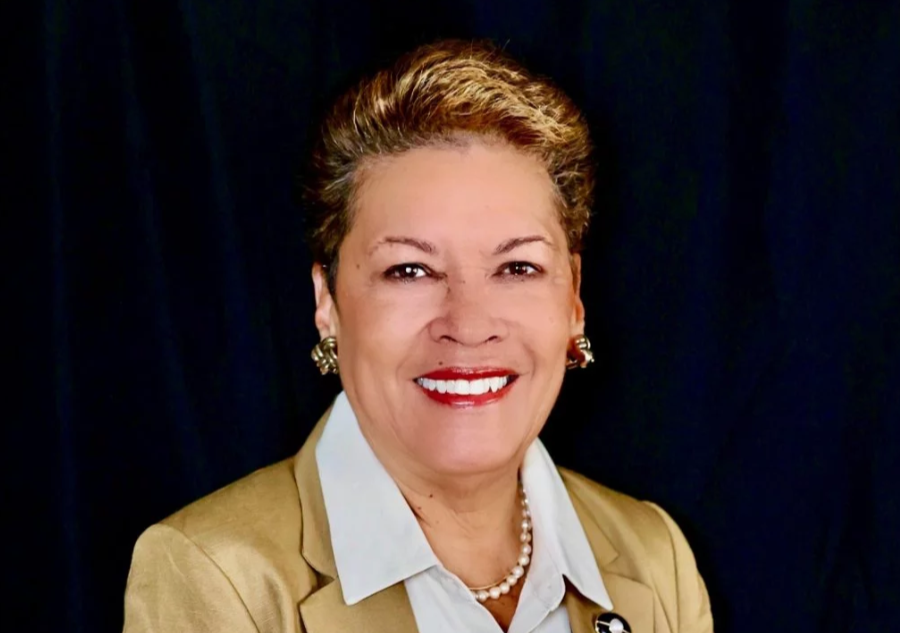Commissioner Interview: Brenda B. Coakley
MD Two Fifty spoke with Commissioner Brenda B. Coakley, one of two designees of Speaker Adrienne Jones on the Commission, about her youth, her career in early childhood education, and her passion for civic education.

Commissioner Brenda B. Coakley was raised as an only child in a middle class family with parents who were federal employees with some college education. A lifelong devotee of music and art, she took ballet classes and piano lessons, and enjoyed museums and the library. Though schools and recreational facilities were segregated at the time, she valued her community and never felt isolated.
Members of her large extended family surrounded her, and she enjoyed summers at Highland Beach south of Annapolis (a private incorporated community founded by African Americans during segregation), and Cedar Haven in southern Prince George’s County. Both of these waterfront communities were summer refuges for African Americans who were historically denied access to most Atlantic coast and Chesapeake Bay beaches.
She graduated from Howard University in Washington, DC, and married, moved to Baltimore, and earned a Master’s of Education at what was then known as Towson State College. With her career choice deeply influenced by the civil rights movement and as a believer in early childhood education as the time when learning begins, she was passionate about her work as a Head Start teacher. She delved into economic and racial disparities, and factors related to school success such as food and housing insecurity, family, and safety, and saw firsthand the value of school lunch programs in school success.
Her career in public service included time in federal, state, and local government. As Director of the Maryland Head Start Collaboration Office in the Governor’s Office of Children, Youth, and Families, she served in the administration of MD Two Fifty Commission Chair, Gov. Parris Glendening, and noted that the location of this office within the Governor’s Office was unique to Maryland. She served in the US Department of Health and Human Services: Administration on Children, Youth, and Families, with the Office of National Migrant and Seasonal Head Start Collaboration, in the Prince George’s County Health Department, at Anne Arundel Community College as Director of the Child Care Training Institute, as Chief of the Baltimore City Child Day Care Licensing Division, and as an Assistant Professor at what was then known as the Community College of Baltimore.
Now retired, she is passionate about serving on the Board of Directors of the Frederick Douglass Museum and Cultural Center (formerly a Douglass family home) in Highland Beach, Maryland, and on the Board of Directors of the Pauli Murray Project in Durham, North Carolina. The Rev. Dr. Pauli Murray was a maternal cousin, and a Baltimore-born human rights activist and legal scholar who defended the rights of African Americans, women, and LGBTQ+ individuals.
When asked what America means to her, Commissioner Coakley spoke of democracy, public engagement in decision making, and the continued quest for a more perfect union, with the work of becoming and remaining the democracy our founders envisioned still in process. She appreciates Maryland’s rich diversity, not only racial diversity but also our rural population, and sees history through a lens focused on the future betterment of Maryland.
She shared that the three Commission themes – history, civics, and service – all personally resonate with her, and encourages Marylanders to volunteer in their community. She believes in civics education as a priority for Maryland youth who will be our future leaders.